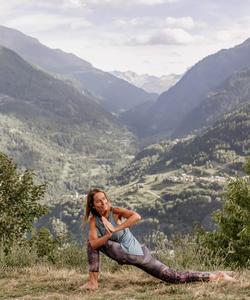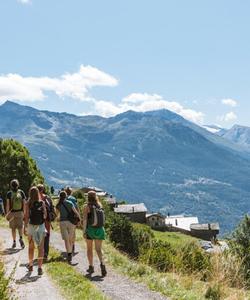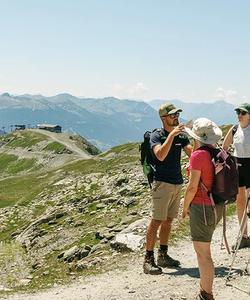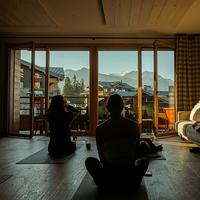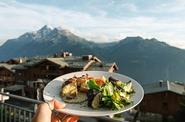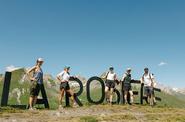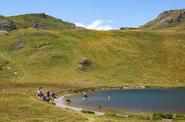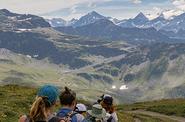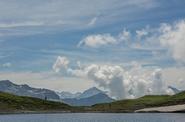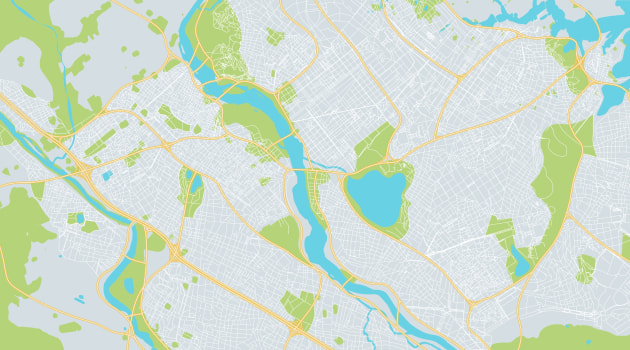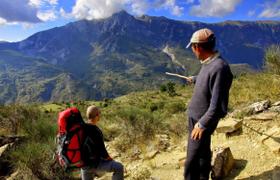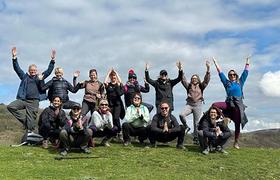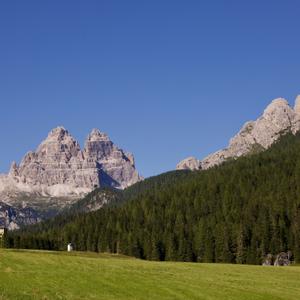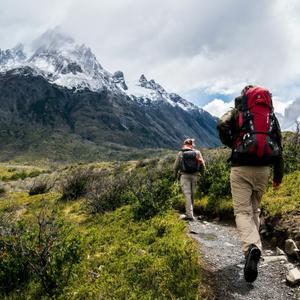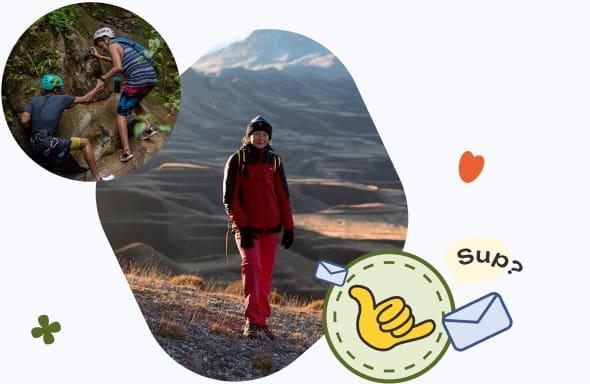We are working towards reducing our carbon footprint, and here are some ways we, as a company, are doing this.
We are a 88% vegan company, 10% vegetarian and 2% fish or meat (only when staying in boutique hotels that offer these options). This makes up a huge percentage of carbon emissions that we avoid so easily because our food is still delicious, balanced and even more creative. So, thanks to you all for enjoying our healthy (mostly) plant-based meals.
We stay primarily in one location for the duration of the retreat. We have started staying in a few locations on our long haul, but it is limited to 2 or 3 locations over an 8 – 10 night period. Staying in one place means low carbon emissions because we aren’t burning fuel to get around.
Our activities are low-impact—yoga, hiking, surfing, whitewater rafting, SUP, and kayaking are all very low-carbon activities, in fact, zero-carbon (except skiing/snowboarding due to the ski lifts, which is also low). These activities are included in the price we measure. The carbon may increase with travel to and from these activities in vehicles.
We run more than half of our retreats and holidays in the UK; these are very low-carbon holidays.
We currently don’t measure our guests’ travel as part of our carbon output because our guests don’t only come from the UK, so it is hard for us to predict this. We also don’t include travel in the holiday price, which is not part of our calculations. We know that we provide these holidays, so we are looking to include this carbon measurement in the future so we are investigating how we can reduce this.
In France, many ski resorts are turning to green energy to power the lifts. If you eat low in meat and dairy while you’re there, this makes your trip as low-carbon as possible.
How can you help?
There are ways that you can help reduce your carbon when coming on our retreats and holidays:
Travel by train, try slow travel across Europe and the UK.
If travelling abroad to Europe or further afield, choose carbon capture schemes, check out Ecologi. Offsetting is not the best thing to do these days, but try carbon capture where you pay for carbon to be absorbed into the environment.

